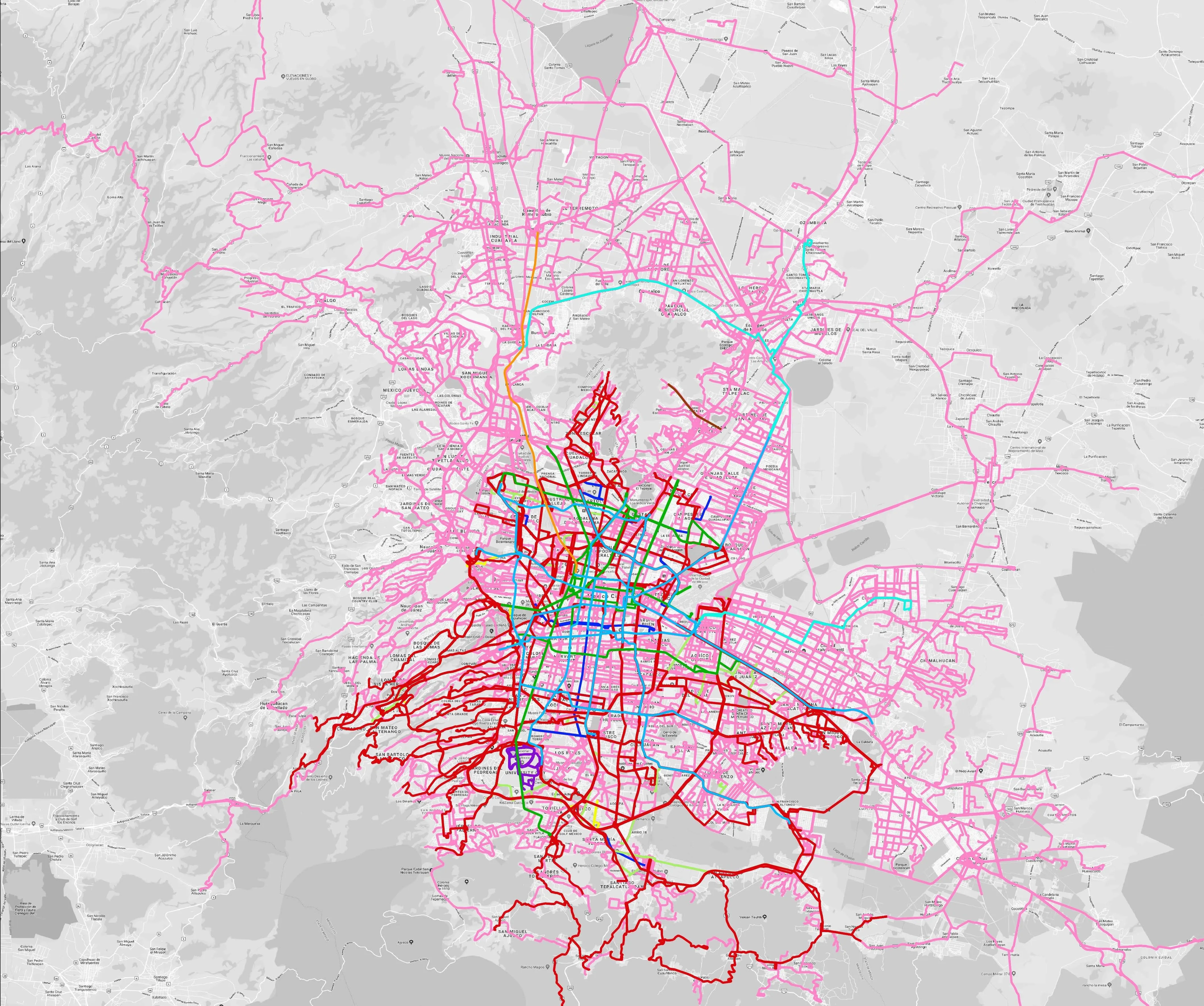Engine oil manufacturer Castrol has partnered with TomTom to study the impact of stop-start driving patterns across the world. The study will uncover the traffic conditions in fifty key cities and regions around the globe, including New York, Sydney, Beijing, Bangkok, Jakarta, Kuala Lumpur, Moscow, Rio de Janeiro, London, Istanbul and Hong Kong. The report published by Castrol and TomTom in September 2013. Castrol’s studies already show that drivers can experience as many as 18,000 stop-starts every year.
July 22, 2013
Read time: 2 mins
Engine oil manufacturer 7429 Castrol has partnered with 1692 TomTom to study the impact of stop-start driving patterns across the world.
The study will uncover the traffic conditions in fifty key cities and regions around the globe, including New York, Sydney, Beijing, Bangkok, Jakarta, Kuala Lumpur, Moscow, Rio de Janeiro, London, Istanbul and Hong Kong. The report published by Castrol and TomTom in September 2013.
Castrol’s studies already show that drivers can experience as many as 18,000 stop-starts every year. The study that Castrol is undertaking with TomTom will discover the number of stop-starts in different cities around the world and TomTom will use its precise travel and traffic information to analyse driving behaviour across the entire road network, all over the world.
Gareth Bracchi, senior development technologist at Castrol, commented: “Stop-start traffic is a global issue that not only affects journey times, but all that idling in traffic and waiting at junctions causes microscopic wear in engines. By partnering with TomTom, we’ll be able to accurately measure the stop-start average per kilometre within defined city limits, discover what cities have the heaviest traffic, and show which city’s drivers are most at risk of damaging stop-start wear.”
Ralf-Peter Schäfer, head of traffic at TomTom added: “This partnership makes perfect sense, as both TomTom and Castrol aim to make the lives of our customers run as smoothly as possible, whether that’s on a daily commute, the school run or a weekend road trip. We are very excited to be working with Castrol and look forward to sharing the findings from this study.”
The study will uncover the traffic conditions in fifty key cities and regions around the globe, including New York, Sydney, Beijing, Bangkok, Jakarta, Kuala Lumpur, Moscow, Rio de Janeiro, London, Istanbul and Hong Kong. The report published by Castrol and TomTom in September 2013.
Castrol’s studies already show that drivers can experience as many as 18,000 stop-starts every year. The study that Castrol is undertaking with TomTom will discover the number of stop-starts in different cities around the world and TomTom will use its precise travel and traffic information to analyse driving behaviour across the entire road network, all over the world.
Gareth Bracchi, senior development technologist at Castrol, commented: “Stop-start traffic is a global issue that not only affects journey times, but all that idling in traffic and waiting at junctions causes microscopic wear in engines. By partnering with TomTom, we’ll be able to accurately measure the stop-start average per kilometre within defined city limits, discover what cities have the heaviest traffic, and show which city’s drivers are most at risk of damaging stop-start wear.”
Ralf-Peter Schäfer, head of traffic at TomTom added: “This partnership makes perfect sense, as both TomTom and Castrol aim to make the lives of our customers run as smoothly as possible, whether that’s on a daily commute, the school run or a weekend road trip. We are very excited to be working with Castrol and look forward to sharing the findings from this study.”










